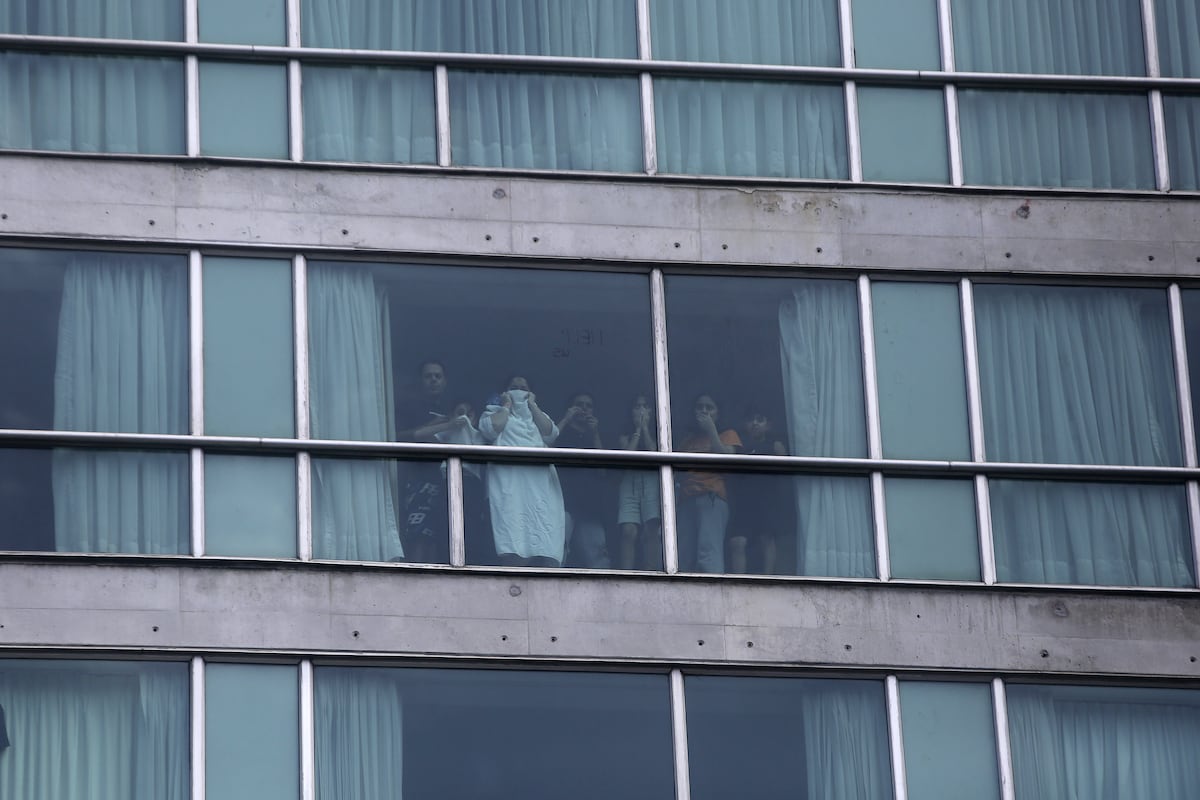
"Secrecy and the loss of contact with family members and lawyers have characterized the deportations to third countries carried out by the Trump administration as part of its campaign against immigrants. An uncertain fate and no guarantees about the conditions endured by individuals sent to countries with which they have no ties have been the norm in these expulsions. Over time, many of them have ended up back in the countries they originally fled, where they face persecution or torture."
"This is the case of Rabbiatu Kuyateh, who has made headlines because of a viral video documenting the mistreatment she suffers. In it, this 58-year-old nurse from Maryland is seen being violently dragged along the ground by men who appear to be officials from Ghana, the country to which she was deported days earlier. Kuyateh resisted in vain to avoid being sent back to Sierra Leone, the country where she was born and which she fled, and where she is currently in hiding."
"Hers is a story like that of many migrants who, through the Administration's stratagems, have ended up in the countries they fled without the U.S. government actually violating its own rules against sending them there directly. Instead, they have done so through a third government, such as Ghana's. The White House maintains that it had guarantees that those deported to this African country would not be sent back to their countries of origin, but there are serious doubts about whether this was the case."
Deportations to third countries proceeded with secrecy and loss of contact with family members and lawyers. Individuals sent to states with which they have no ties often faced uncertain fates and lacked guarantees about their conditions. Many deportees later returned to the countries they originally fled and confronted persecution or torture. Rabbiatu Kuyateh, a 58-year-old Maryland nurse, was deported to Ghana and forcibly dragged in a viral video as officials tried to send her back to Sierra Leone, where she is hiding. The U.S. claimed guarantees from Ghana that Ghana later denied, raising concerns that third-country transfers shield the government from litigation.
Read at english.elpais.com
Unable to calculate read time
Collection
[
|
...
]